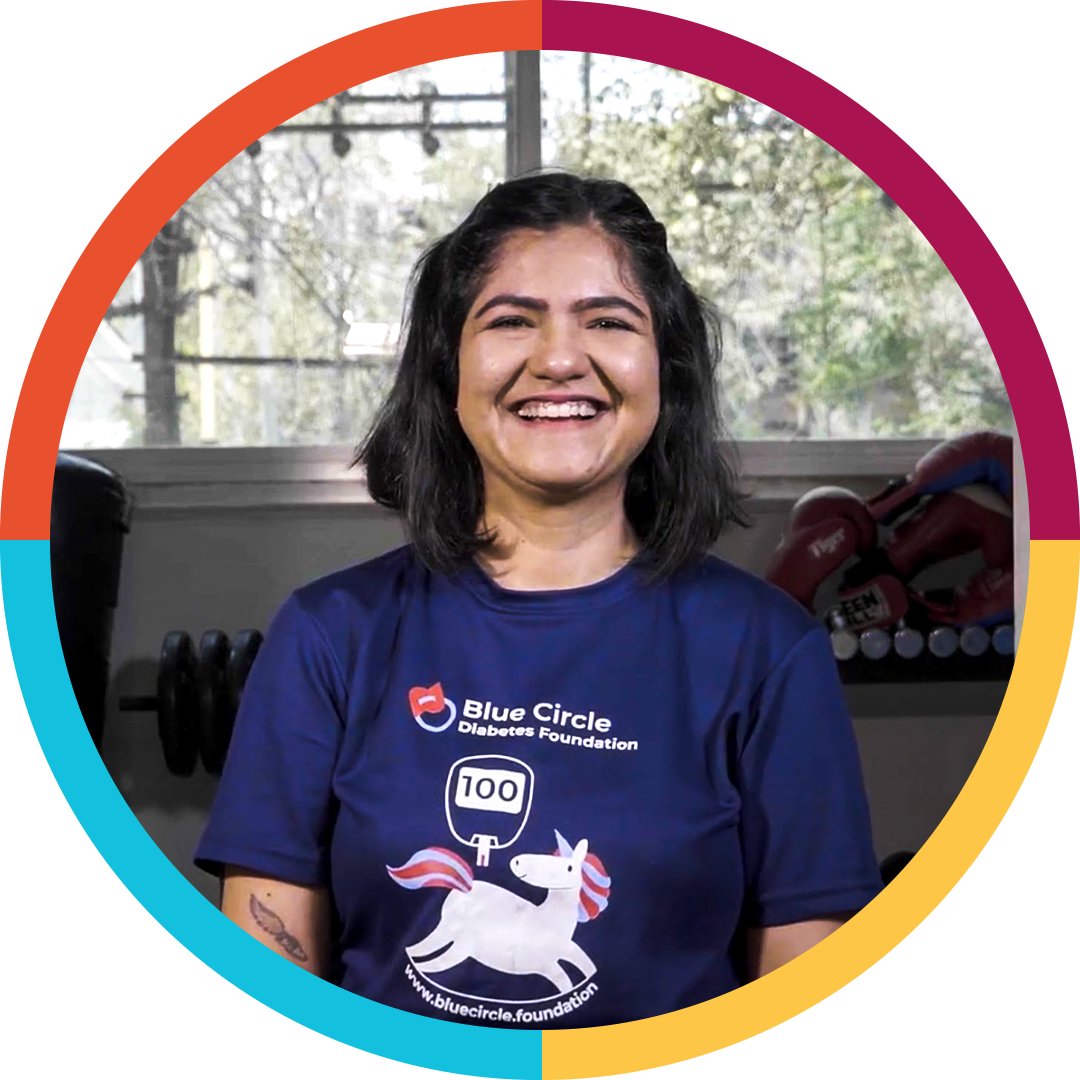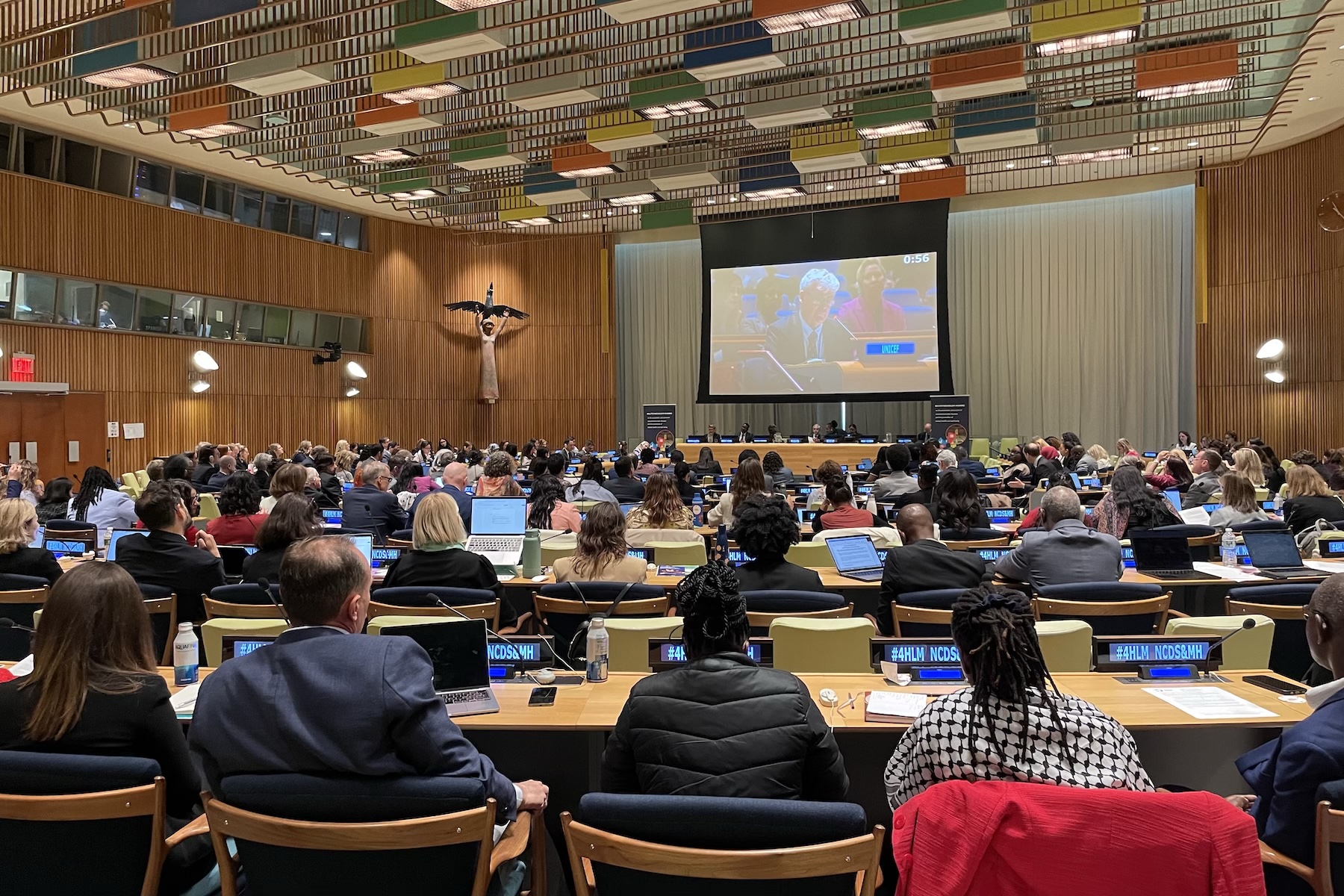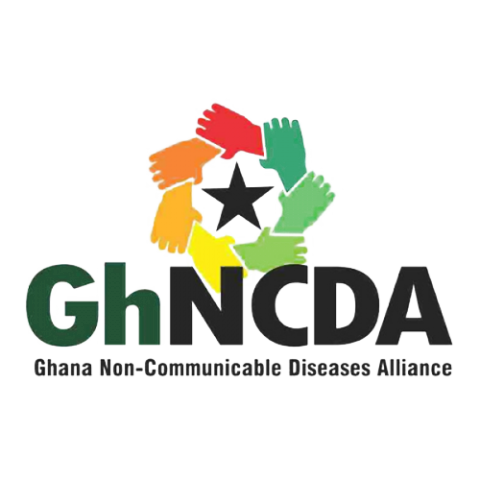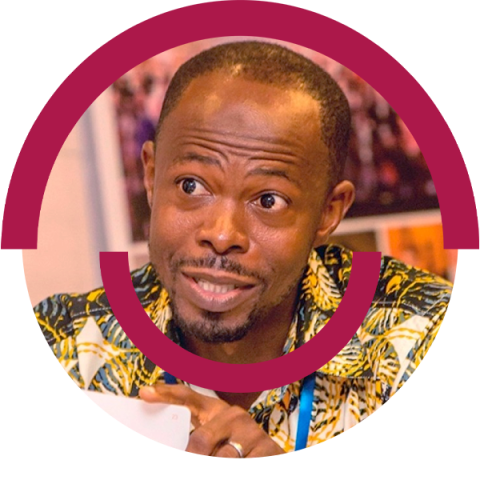The recent Multistakeholder Hearing on NCDs and Mental Health at the United Nations Headquarters held on 2nd May, 2025, a key preparatory event for the Fourth United Nations High-Level Meeting (4UNHLM) on NCDs in September 2025, has concluded. However, the fight for justice, equity, and strengthened health systems for people living with or affected by NCDs and Mental Health continues.
The hearing offered a critical platform for engaging diverse stakeholders, including Member States, civil society, international agencies, academia, and affected communities in structured discussions around advancing global progress on NCDs and mental health. These discussions emphasized the urgent need for stronger multisectoral governance, more resilient health systems, and innovative financing models to meet the growing burden of these conditions
It was deeply inspiring to hear civil society organizations and NGOs from across the world make bold, heartfelt, and evidence-informed statements. The statements reaffirmed that NCDs remain under-prioritized as a developmental issue everywhere in the world, both in rich and in low-resourced countries.
We are hopeful that these powerful contributions and real-life statements will be reflected meaningfully in the upcoming draft political declaration for the 4th UN HLM. Such recognition is critical to drive progress in the prevention and control of NCDs and Mental Health.
The discussions also drew attention to the persistent neglect of prevention and health promotion. It was refreshing to witness wide acknowledgment of the major risk factors — tobacco use, alcohol consumption, unhealthy diets, air pollution, and physical inactivity, and the urgent need for stringent measures to mitigate them. The undue influence of health-harming industries, including tobacco, alcohol, and ultra-processed food producers, was rightly emphasized as a serious concern inhibiting progress.
We extend our heartfelt gratitude to the NCD Alliance for coordinating as many CSOs across the world, fostering a space for collective action and amplifying voices for Hearing and for the upcoming UNHLM in September.
As we move forward, our commitment remains resolute. We will continue to champion the NCD Alliance’s priorities:
- Accelerate the implementation of NCD and mental health strategies
- Break down silos for integrated, people-centered care
- Mobilize investment for sustainable, equitable solutions
- Deliver accountability for global commitments
- Engage communities to lead and drive change
The time for half-measures is over. The NCD and mental health crisis demands bold, systemic change rooted in justice and urgency. As we prepare for the UNHLM, we will relentlessly demand decisive action, equitable investment in prevention and care, and policies that shield public health from harmful industry interferences. NCDs and mental health are not peripheral, they are central to sustainable development and must be treated as such.
The journey to a healthier, more equitable world continues.

The author during an NCD advocates gathering preceding the Multi-stakeholder hearing.
Have you signed the Call To Lead On NCDs?
Join us in calling on governments to accelerate action on NCDs for everyone everywhere.
Make your voice heard, support this movement, and let’s make #NCDs and #MentalHealth a global priority.
*This blog was originally published on Ghana NCD Alliance's website.






